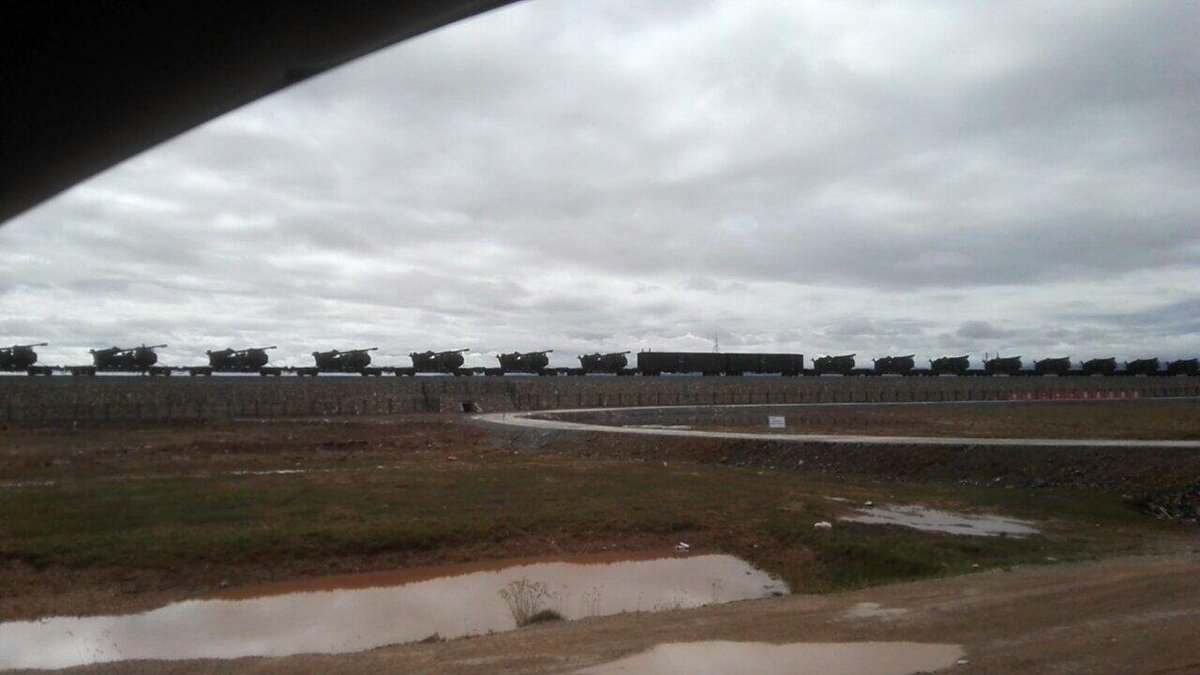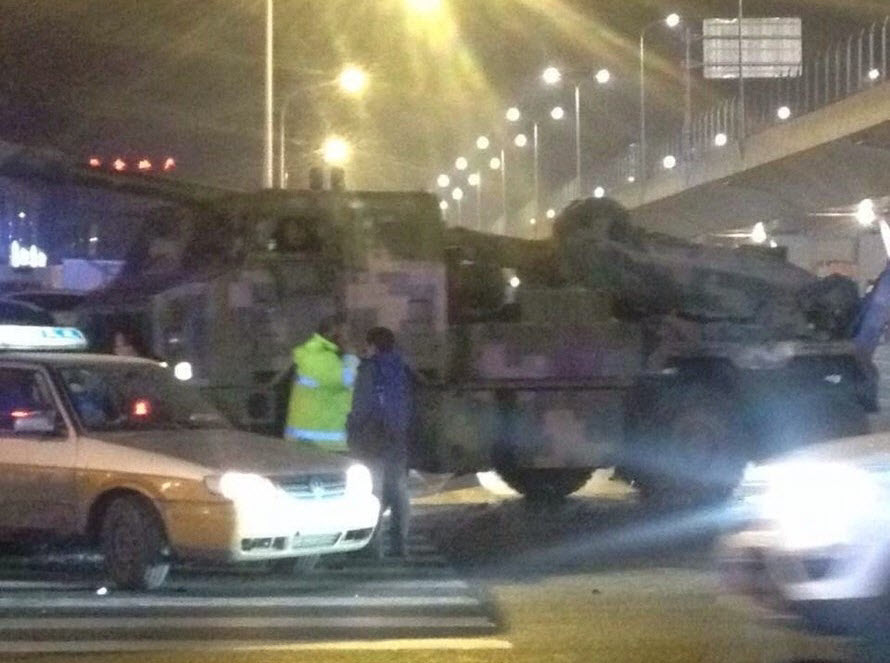...continued
Political hold
Uncomfortable about the increasing cosiness between Bhutan and China, India looked for an opportunity to punish Thinley. Critics in Bhutan suggested that New Delhi had made up its mind to write a fine script for
from power. Playing with electoral politics was not a big deal. In the days leading up to the Bhutanese general election in July 2013, New Delhi, in an unambiguous signal, abruptly
on gas and kerosene sales, among other tough measures to Bhutan.
Some critics inferred the move was simply meant to rock the election campaign. Others saw a clear message from New Delhi to the Bhutanese – be prepared to face sanctions if the DPT is voted back to power. Though
, nobody in Bhutan was convinced that it was purely a commercial decision, which is how Indian officials presented it.
However, the issue unfolding in the Himalayan state did not seem as simple as the usual outcry about China’s assertiveness in India’s neighbourhood. China may well have been the cause but that was not the complete story and was in fact believed that the fissures in the neatly stitched ties remained under wraps for long due to the closely securitised relationship between New Delhi and Thimphu.
Scathing criticism of India’s meddling in the Bhutanese election outcome poured in both at home (India) and from abroad. Many saw it as an act of rage over Thinley’s “
” bid to improve relations with China. When the Indian media reacted to Bhutan’s north shift, Kinley Tshering, the former editor of
Bhutan Times,thought they were “spinning a yarn of conspiracy theories that are naïve at best and ludicrous at worst”.
In a wave of
, the Bhutanese, through websites and blogs expressed shock and dismay at India’s carrot-and-stick policy. Some were simply “baffled and confounded” by the Indian actions they were not used to while others felt “simply stunned, lost and scandalised” by the spate of strange and disconcerting developments. In a scathing comment
, a popular blogger, said, “National interests of Bhutan have to rise over and above the politics of always playing the Indian tune and only pleasing India.” In response to articles appearing in the Indian media, Karma Temphel Ngyamtso, a writer and an avid political observercommented, “Our friends in India, unwittingly ensnared in this game of political brinksmanship, must remember that such inadvertent, mercenary and gravely injurious attitudes and moves do not bode well at all for Bhutan-India friendship in the long run.” Such perceptions among the Bhutanese only indicated the degree of erosion that had taken place in the Indian wisdom of handling their friends over the years.
The DPT’s defeat had nonetheless reinforced the Bhutanese fear of India’s arm-twisting. The events led conspiracy theories to flourish. In a tsunami of public outcry, bloggers wrote at length about how the Indian intelligence service had rigged the elections. The comments ranged from how India needlessly punished Thinley to how the “world’s largest democracy could influence elections in the world’s youngest democracy.” Critics urged the Indian media and politicians to stop their “over-lordship” over the kingdom’s affairs and stop treating Bhutan as a “pawn” and manipulating the Bhutanese like “lambs in a pen to slaughter whenever India desires a dish of lamb stew.” One could not imagine such ferocity amongst ordinary Bhutanese against India ever before.
For a while, it appeared as if Bhutan’s eternal goodwill for India had vanished overnight. Given South Asia’s hostile environment, many viewed this as Bhutan too finally joining others who habitually accused India of interfering in their domestic politics. Even at home,
thought India was needlessly scoring a political self-goal against a tiny but friendly state. They described New Delhi’s handling of Bhutan as “ham-handed”, and the subsidy cut as “sordid manipulation”, “poorly conceived”, “counter-productive” and “completely disconnected from any strategic thinking”. Miffed by what seemed like a recurring trend, critical commentators suggested “India’s foreign policy makers rethink their mentality towards neighbours and realise the need to rectify it at the outset.”
The Chinese dailies too quickly commented on India’s coercive and brazen interference in Bhutan’s election and said India was treating Bhutan as its colony to meet its own strategic needs. An article by
suggested that the intention was to thwart Bhutan’s attempt at freely engaging with China to resolve its border dispute.
The defence of India’s actions came from the former foreign secretary Kanwal Sibal who argued in a column that Bhutan was
to both balance India and extract more concessions from it. Sibal accused Thimphu of “disregarding” India’s concerns with some “impunity” by exploiting India’s weaknesses like its “internal problems”, “high level of tolerance”, “lack of consensus”, “existence of sympathetic lobbies and sensitivity to accusations of hegemony”.
Coming from India’s bureaucratic elite, Sibal’s language may have either frightened the Bhutanese or perhaps further damaged the already fractured relationship. Clearly, by stoking the discontent within Bhutan, real or imagined, India allowed itself to become a subject of attack and contempt amongst sections of Bhutanese. Surely, Bhutan’s opposition People’s Democratic Party may also have played its role by leveraging on India’s influence. However, India, despite having fully supported Bhutan’s democratisation processes since 2008, now risked the opprobrium of subverting it.
For Bhutan to lay the foundation of democracy on anti-India sentiments surely was not desirable for India. Yet, an image of India as a villain and not a friend began slowly to unfold.
Though the two countries stopped the drift, an element of wariness seemed to have crept into the relationship. Now that the genie is out of the bottle, it may be difficult to put back. There was nevertheless a need for understanding the ominous trends. In fact, it was important for Modi to grasp the issues from a broader perspective that shapes the processes at work. Instead, his advisers appeared to have dealt with Bhutan more ham-handedly in the pretext of countering China.




